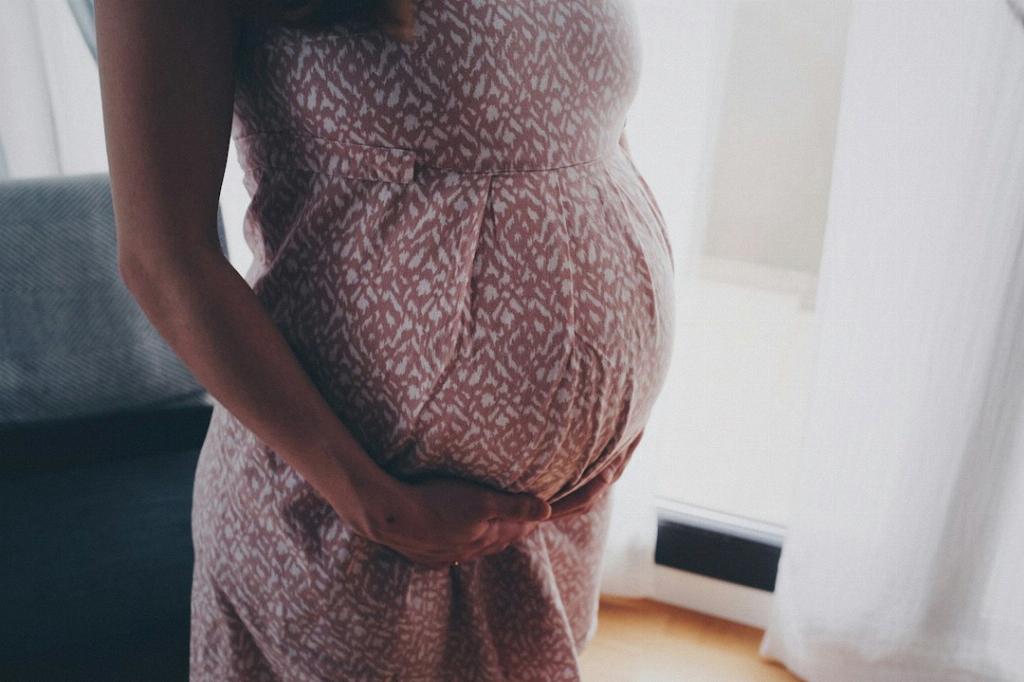When it comes to pregnancy, one of the most common early symptoms is extreme fatigue. It’s not uncommon for pregnant individuals to feel tired all the time, almost as if they haven’t slept in days. Understanding when this fatigue typically sets in can help you navigate the early stages of pregnancy more effectively.
Week 1 to 4: Early Signs of Fatigue
Extreme fatigue can begin as early as the first week after conception. Many individuals report feeling unusually tired during this time, which may persist throughout the first trimester. In some cases, this extreme tiredness can be the first sign of pregnancy before you even miss your period.
Week 5 to 9: Increasing Fatigue Levels
By weeks 5 to 9 of pregnancy, fatigue often becomes more pronounced. The body is working overtime to support the growing fetus, leading to increased levels of exhaustion. It’s common to feel like you could sleep at any given moment, despite getting enough rest at night.
Week 10 to 12: Peaks of Extreme Fatigue
During weeks 10 to 12, extreme fatigue often reaches its peak. This period can be particularly challenging as your body adjusts to the hormonal changes and the demands of pregnancy. It’s crucial to listen to your body and rest when needed during this time.
Week 13 to 16: Possible Relief
Some individuals may experience a decrease in extreme fatigue during weeks 13 to 16. As the first trimester comes to a close, energy levels may start to improve slightly, providing a much-needed break from constant tiredness.
Week 17 to 20: Energy Fluctuations
Energy levels can fluctuate during weeks 17 to 20 of pregnancy. While some may continue to feel tired, others may experience a surge in energy as the body adapts to the changing needs of the developing baby. It’s essential to pace yourself during this period to prevent burnout.
Week 21 to 24: Managing Fatigue
As you enter weeks 21 to 24, finding ways to manage extreme fatigue becomes increasingly important. Simple strategies such as taking short naps, staying hydrated, and eating nutritious foods can help combat feelings of tiredness and boost overall energy levels.
Week 25 to 28: Preparation for Third Trimester
During weeks 25 to 28, it’s crucial to prepare for the upcoming third trimester. Extreme fatigue may reappear as the body gears up for the final stretch of pregnancy. Prioritizing rest and self-care can help you navigate this phase more effectively.
Week 29 to 32: Last Trimester Fatigue
Entering weeks 29 to 32, fatigue can become more pronounced once again. The growing size of the baby and the physical demands of late pregnancy can take a toll on energy levels. Taking breaks and seeking support from loved ones can help alleviate some of the exhaustion.
Week 33 to 36: Final Stretch Exhaustion
As you reach weeks 33 to 36, exhaustion may become more prevalent. With the baby nearing full term, the body is working overtime to prepare for labor and delivery. It’s essential to prioritize rest and relaxation during this time.
Week 37 to 40: Anticipating Labor
In the final weeks of pregnancy, extreme fatigue may persist as you anticipate labor and the arrival of your baby. While it’s natural to feel tired at this stage, it’s important to conserve energy and focus on preparing for the upcoming birth.
Conclusion: Navigating Extreme Fatigue in Pregnancy
Extreme fatigue is a common symptom experienced by many pregnant individuals throughout the various stages of pregnancy. By understanding when to expect this tiredness and implementing strategies to manage it, you can navigate the ups and downs of pregnancy with greater ease and comfort.

